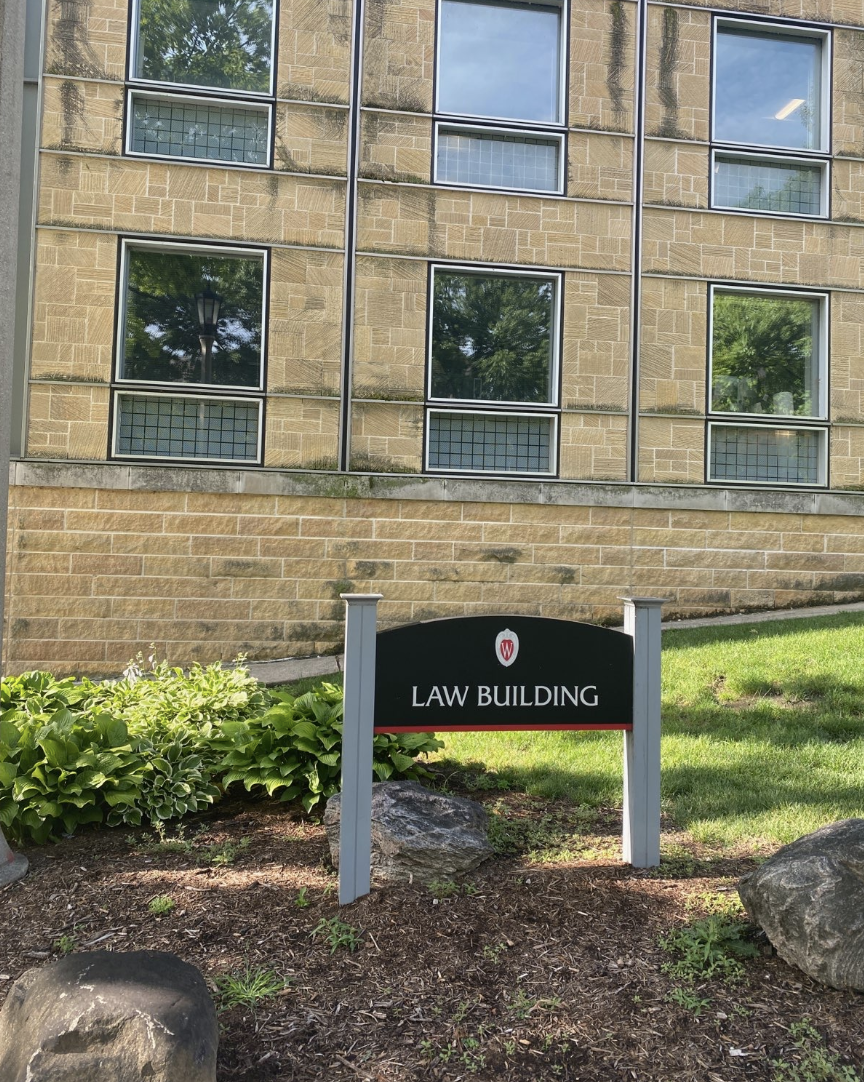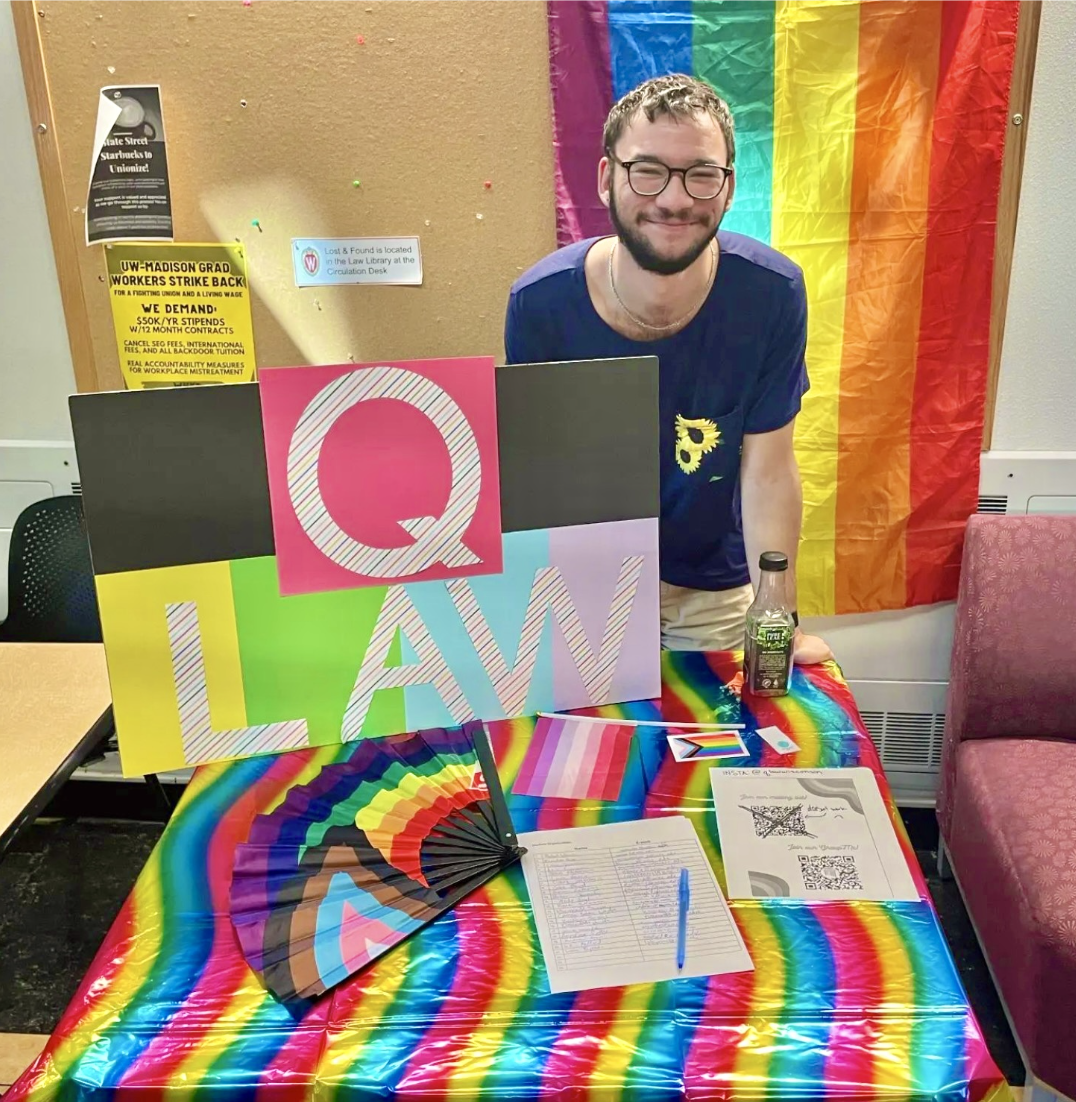As the legal education landscape faces a significant shift following the U.S. Supreme Court’s 2023 ruling that bans race-conscious admissions, the University of Wisconsin-Madison Law School is standing firm in its commitment to diversity and inclusion. In late August, revisions to the American Bar Association’s (ABA) diversity guidelines removed explicit references to "race and ethnicity," which have sparked debate about the future of equitable representation in the legal profession. Yet, UW-Madison Law School officials and student leaders are determined to maintain an inclusive campus environment.
Adapting to the ABA’s New Diversity Rules
The ABA’s decision to revise its standards has left many law schools in a difficult position, especially those that have long relied on race-conscious admissions policies to build diverse cohorts. The immediate challenge at the UW-Madison Law School is balancing compliance with the court’s ruling while preserving the school’s longstanding commitment to diversity.
In a public statement signed by law school faculty nationwide, critics of the ABA's revised diversity guidelines argued that the changes misinterpreted the U.S. Supreme Court’s decision.
Addressing ABA council member David Brennan, the statement warned, “Opponents of racial equality are interpreting the Court's decision to bar schools from even pursuing diversity as a goal. That is not what the Court said, and the ABA should not change its standard to implement this political agenda.”
The statement also highlighted that after George Floyd's death, the ABA had pledged to combat racism in the legal system, and revising diversity standards would “seriously undermine this essential commitment.”
Lori Hickman, the UW-Madison Law School assistant dean for admissions and financial aid, explained how the new rules are shaping the admissions process.
“While we respect the ABA’s need to align its guidelines with the Supreme Court ruling, we cannot lose sight of our goal: to build a legal profession that reflects the rich diversity of society. We plan to continue finding ways to support underrepresented students at our school and beyond,” said Hickman.
For the law school, this means looking beyond traditional methods.
“We’re placing greater emphasis on applicants’ life experiences, challenges they’ve overcome, and their capacity for leadership,” Hickman added. “These factors, combined with academic excellence, will help us cultivate a class that embodies the values of diversity, even in a race-neutral admissions landscape.”
Admissions Strategies Under Review
In addition to navigating the ABA’s new diversity guidelines, the UW-Madison Law School is facing another challenge: a funding agreement with the Republican-led state legislature that limits the university's DEI initiatives. As part of securing funding for a new engineering building, UW-Madison agreed to reduce certain DEI efforts, further complicating its approach to maintaining an inclusive campus amid broader political pressures.
Michelle Preston, the director of admissions at the UW-Madison Law School, says this deal has added yet another layer of complexity to the law school’s goal to support diversity in its admissions process. However, despite these challenges, the law school continues to actively review and adjust its approach.
“We’ve already begun working on alternative strategies to allow our applicants to showcase their diverse experiences, socioeconomic backgrounds, and unique perspectives. Even if we can’t explicitly consider race, we will continue to champion many facets of diversity,” Preston said.
One of the strategies Preston mentioned is emphasizing personal statements and essays where applicants can elaborate on their experiences of adversity and resilience.
“We are asking applicants to tell their story in a way that highlights their journey, their community impact, and the distinctive perspectives they bring to the table,” she explained.
The UW-Madison Law School is also focusing on outreach efforts to ensure that underrepresented students still feel encouraged to apply. Preston pointed out that while race cannot be a determining factor, creating an environment where prospective students from all backgrounds feel seen and supported remains important.
“Our recruitment efforts are expanding. We’re participating in more outreach to underserved communities and partnering with organizations that promote access to legal education,” she added.
Separate paragraphs like this!
Student Organizations and the Broader Fight for Inclusion
Student organizations like QLaw (Queer Law Student Association) are also closely following the impact of the ABA's changes. For these groups, the conversation extends beyond race to consider how intersectionality plays into broader diversity efforts.
Mary Berg, co-president of QLaw, reflected on the law school’s role in promoting inclusivity for marginalized groups, including LGBTQIA+ students. “The ABA’s decision is a setback, but it doesn’t change the need to make law schools inclusive for all. We need to keep fighting for every type of diversity, including LGBTQIA+ students, students with disabilities, and those from different socioeconomic backgrounds,” said Berg.
Berg added that student groups like QLaw play a critical role in fostering community for students who might otherwise feel isolated in a predominantly white, cisgender, or able-bodied environment.
“As a student organization, we work hard to create safe spaces for our members. But that doesn’t mean the law school doesn’t have a responsibility to do the same on an institutional level,” Berg emphasized.
Samuel Nennig, the other co-president of QLaw, voiced concerns about the ripple effects of removing race-conscious policies, not only in law schools but in the legal profession as a whole.
“Law is a profession that thrives on varied perspectives. Restricting race-conscious admissions narrows the pool of perspectives we can learn from. It’s important that we don’t lose sight of how interconnected different forms of identity are when we talk about diversity,” Nennig said.
Nennig and Berg are hopeful that student organizations can continue to push for greater inclusion and equity at the law school, even as the ABA’s guidelines shift.
“It’s clear that we need to get creative and vocal to keep these conversations going,” Nennig added.
Looking Ahead: A Commitment to Diversity
As the 2025 admissions cycle approaches, the UW-Madison Law School is actively working to ensure that its student body remains representative of the broader population, despite the new restrictions. Through updated admissions processes and student-led initiatives like QLaw, the university is sending a clear message: diversity in legal education is essential, and the fight for it is far from over.
Both Hickman and Preston underscored the importance of looking at diversity in a more comprehensive way — not only in terms of race and ethnicity but also through other lenses, such as socioeconomic status, geographic diversity, and first-generation college students.
“We will continue to find ways to foster an inclusive environment,” said Hickman. “This work is more critical now than ever.”


